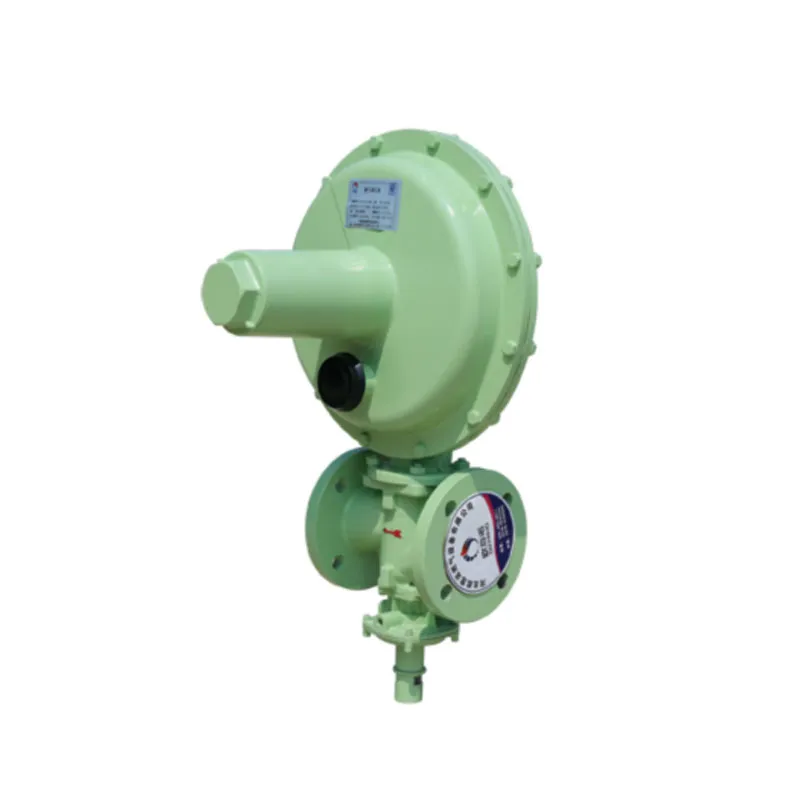
Nov . 27, 2024 05:53
Back to list
Understanding Gas Filtration Techniques for Effective Air Quality Management
Gas Filtration An Essential Technology for Air Quality Improvement
In today's rapidly industrializing world, the need for effective air quality management has never been more critical. One of the pivotal technologies that have emerged in this context is gas filtration. This process plays a fundamental role in eliminating harmful pollutants and enhancing air quality, particularly in urban and industrial environments.
Gas filtration refers to the process of removing particulate matter and gaseous contaminants from air streams using various filtration techniques. It is an essential component of air pollution control systems, especially in industries such as manufacturing, power generation, and chemical processing. The importance of gas filtration extends beyond environmental regulation; it is also vital for protecting public health, preserving the integrity of ecosystems, and ensuring compliance with governmental standards.
At its core, gas filtration can be accomplished through several methods, depending on the types of pollutants present and the specific requirements of the application. Common methods include mechanical filtration, electrostatic precipitation, and adsorption techniques.
1. Mechanical Filtration
Mechanical filtration involves the physical removal of particles from gas streams using filter media. These filters can be made from various materials, including fibrous materials, membranes, and granular beds. The efficiency of mechanical filters largely depends on the size of the particles, the velocity of the gas, and the filter's surface area. Dense particle filters are effective for removing larger particulates, while HEPA (High-Efficiency Particulate Air) filters can capture particles as small as 0.3 microns with a high efficiency rate.
2. Electrostatic Precipitation
gas filtration

Electrostatic precipitators (ESPs) are widely used in industrial settings to remove fine particles from gas streams. This technology uses electrical charges to attract and collect particulate matter. When gas flows through an electrostatic field, particles within the gas acquire a charge and are subsequently attracted to oppositely charged plates. This method is particularly effective for dust, smoke, and other fine particulates, making it suitable for industries such as coal-fired power plants and cement manufacturing.
3. Adsorption Techniques
Adsorption is another critical method used in gas filtration. In this process, gas molecules adhere to the surface of solid materials known as adsorbents. Activated carbon is one of the most commonly used adsorbents due to its high surface area and porosity, which facilitates the trapping of volatile organic compounds (VOCs), odors, and certain hazardous gases. Adsorption is particularly useful in applications involving air treatment, where removing odors and harmful chemicals from indoor environments is essential.
The significance of gas filtration goes beyond mere compliance with air quality standards. Effective gas filtration systems can lead to considerable economic benefits through reduced health-related costs, increased worker productivity, and enhanced energy efficiency. Companies investing in advanced gas filtration technologies can also bolster their reputations as environmentally responsible organizations.
In the face of growing concerns over climate change and environmental degradation, the role of gas filtration is likely to expand. Innovations in filtration technology, such as the development of nanomaterials and advanced composite filters, are expected to improve the efficiency and effectiveness of gas filtration systems. Research is ongoing to enhance the capture of greenhouse gases like carbon dioxide and methane, which are contributors to global warming.
One of the challenges in the field of gas filtration is maintaining the balance between cost-effectiveness and efficiency. While high-efficiency filters can provide superior air quality, they may also require more frequent replacement and maintenance, thereby increasing operational costs. Ongoing research aims to develop filters that provide high performance while minimizing long-term costs.
In conclusion, gas filtration is a vital technology that significantly impacts air quality and public health. As industries evolve and environmental regulations become stricter, the importance of investing in advanced gas filtration systems will only grow. Future innovations will play a crucial role in addressing air quality challenges and contributing to a more sustainable and healthy environment for all.
Latest news
-
Safety Valve Spring-Loaded Design Overpressure ProtectionNewsJul.25,2025
-
Precision Voltage Regulator AC5 Accuracy Grade PerformanceNewsJul.25,2025
-
Natural Gas Pressure Regulating Skid Industrial Pipeline ApplicationsNewsJul.25,2025
-
Natural Gas Filter Stainless Steel Mesh Element DesignNewsJul.25,2025
-
Gas Pressure Regulator Valve Direct-Acting Spring-Loaded DesignNewsJul.25,2025
-
Decompression Equipment Multi-Stage Heat Exchange System DesignNewsJul.25,2025

